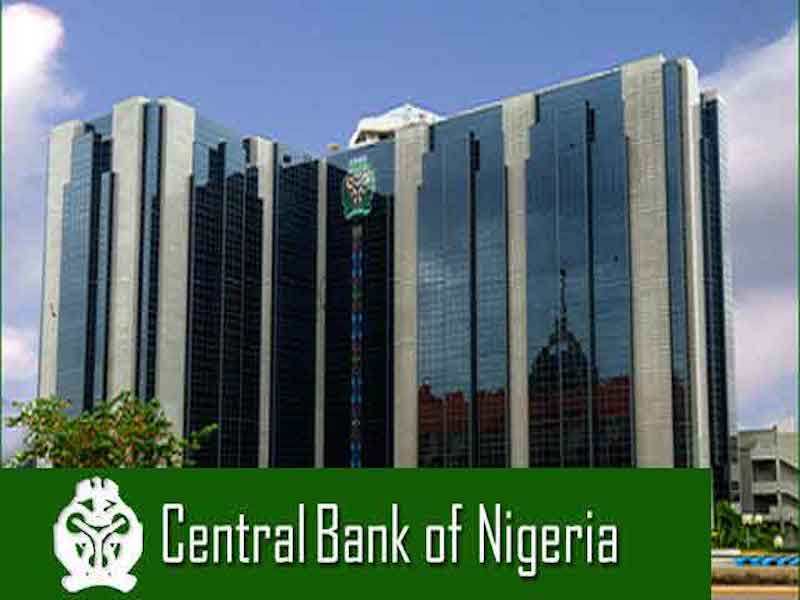The Central Bank of Nigeria (CBN) says it will freeze accounts without a Bank Verification Number (BVN) or National Identification Number (NIN) from April 2024.
This is according to a Friday circular, jointly signed by the Director, Payments System Management Department, Chibuzo Efobi, and Director, Financial Policy and Regulation Department, Haruna Mustapha and sent to all deposit money banks.
The apex bank also said all BVN or NIN attached to accounts/wallets must be electronically revalidated by January 31, 2024.
According to the circular, the CBN has also directed a “Post no Debit” restriction on all bank accounts without BNV and NIN effective April 24.
“Post No Debit” is used to describe a restriction imposed by banks on specific accounts, preventing customers from making withdrawals, transfers, or any other debits from their accounts.
This measure effectively freezes the funds in the account, rendering it inaccessible for the duration of the restriction.
The CBN had in April this year, hinted of plans to remove accounts not linked to the BVN from the financial system. The objective, it said was to clean up the sector and reduce the growing incidence of fraud.
A director Risk Management Department and Chief Risk Officer, Blaise Ijebor said this at the Prembly Compliance Breakfast Dialogue on Thursday 6 April.
Ijebor said the apex bank had been working with the Nigerian Inter-Bank Settlement System (NIBSS) to address the growing incidence of fraud in the sector.
Ijebor identified three loopholes that cybercriminals are exploiting: The Tier-1 account is top of the list of loopholes. A Tier-1 account refers to a bank account that can be opened with minimal or without any form of documents. This account can be opened with a passport photograph. The account has a limit of N50,000 deposit and an operating balance of N200,000 and N300,000.
They are mostly not linked to BVN and it is mostly targeted at the unbanked population and people living in rural communities. This is the account mostly dominated by digital banks also known as fintech firms. They also present the easiest entry point for hackers because they involve customers with little knowledge about cyber security and who are mostly not taking the necessary measures to protect their accounts, Ijebor said.

